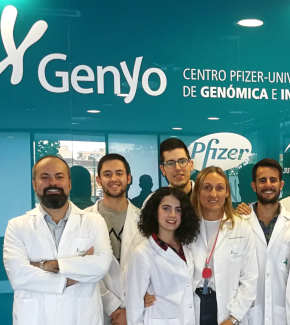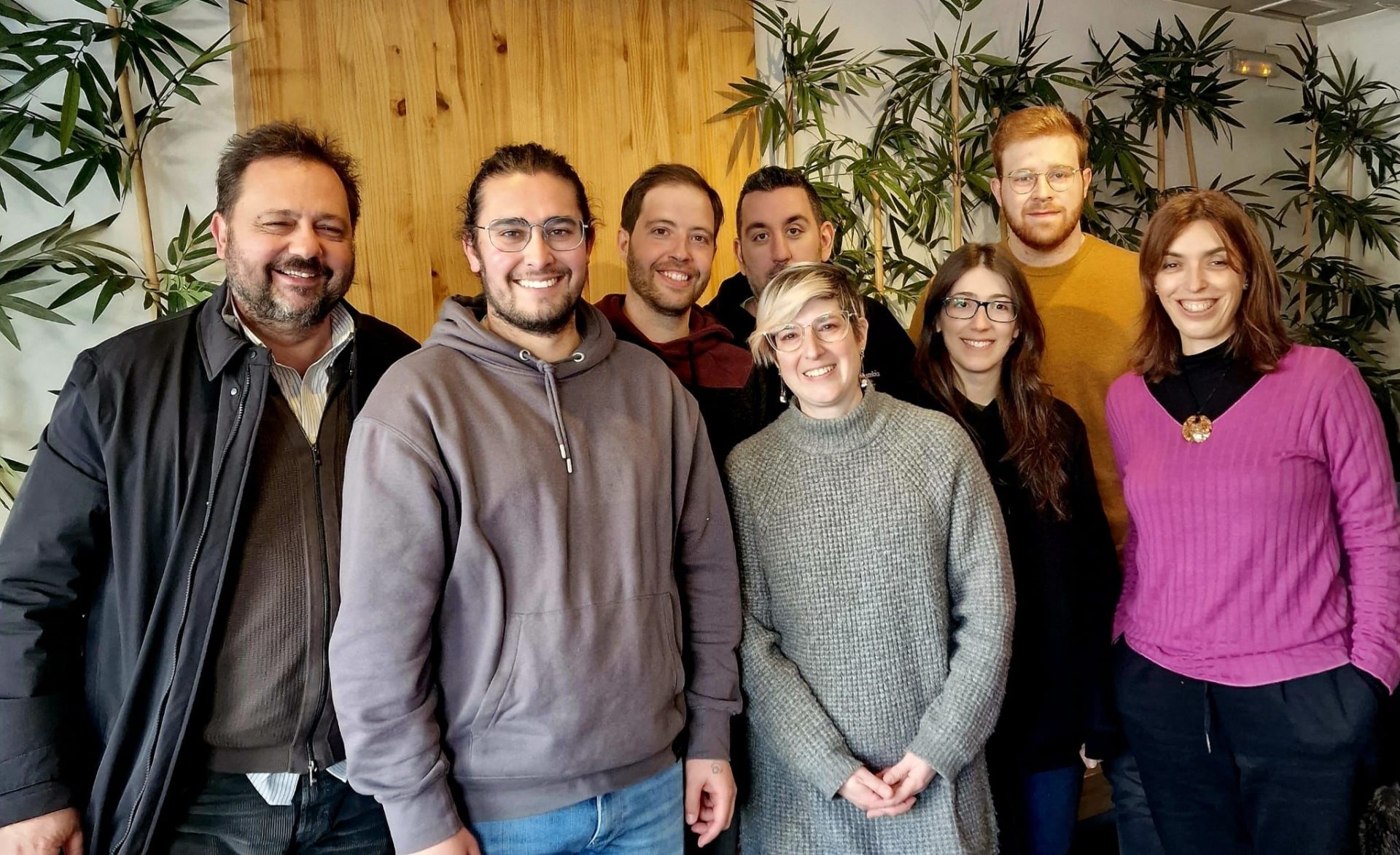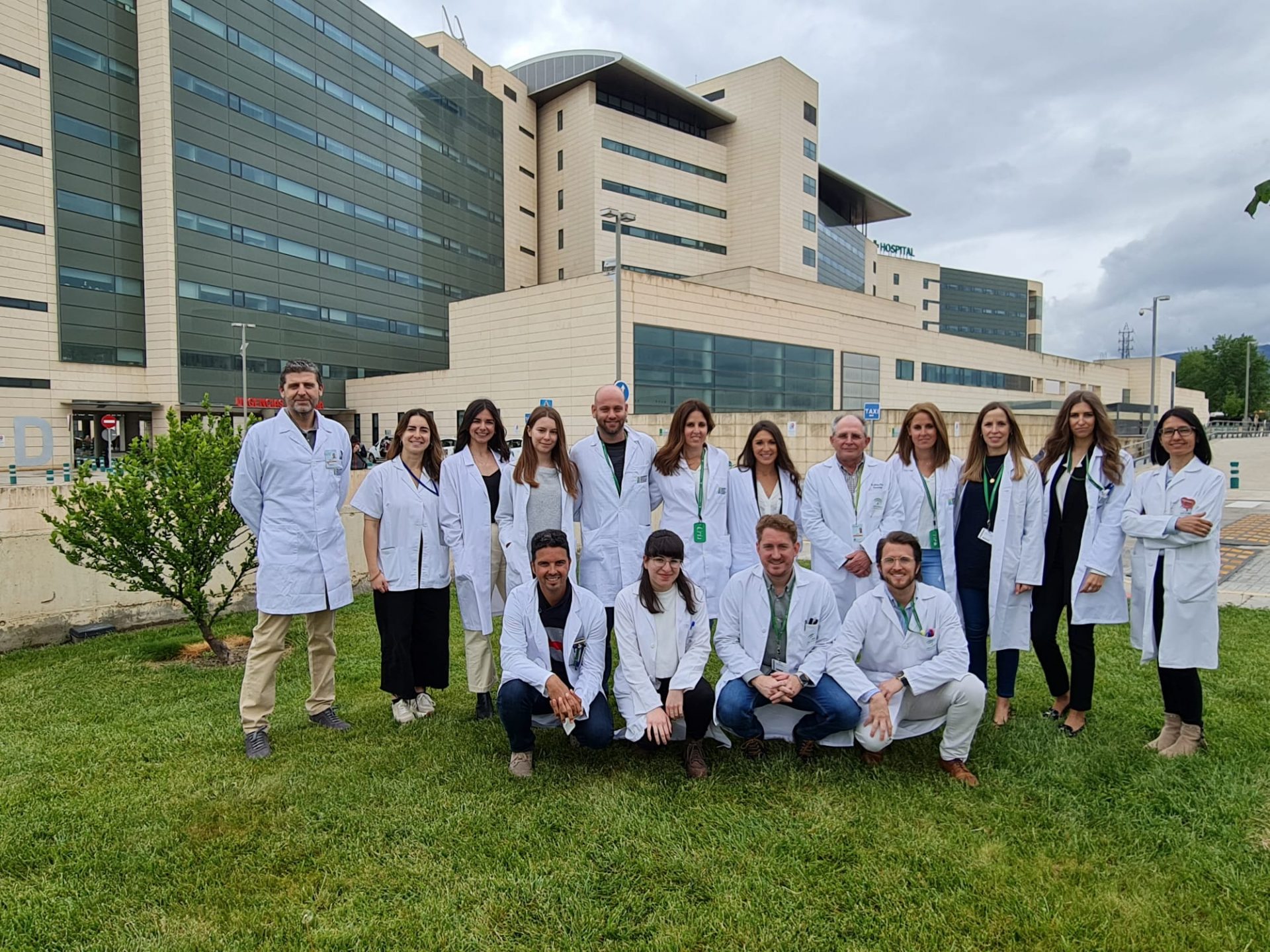
Leukaemia is the most common of all childhood cancers. It accounts for 30% of paediatric cancers, with 300 new cases diagnosed in Spain every year. Most paediatric cases (80%) belong to the group known as acute lymphoblastic leukaemias (ALL), which were the focus of this study
Scientists from the University of Granada have discovered that detecting the expression of the TCL6 gene can help diagnose a subtype of paediatric patients with acute lymphoblastic leukaemia (ALL).
Leukaemia is the most common of all childhood cancers, accounting for 30% of paediatric cancers, with 300 new cases diagnosed in Spain every year. Most paediatric cases (80%) belong to this ALL group of cancers, which were the focus of this study.
The research was carried out on samples of children aged between 1 and 12 years receiving treatment at two Spanish hospitals: the Hospital Regional de Málaga and the Hospital Sant Joan de Déu, Barcelona.
The research team, coordinated from the University of Granada, included specialist teaching staff and researchers from the departments of Biochemistry I and III of the Faculties of Science and Medicine of the University of Granada; researchers from the Biohealth Research Institute in Granada, and researchers from the two aforementioned hospitals. The study itself was conducted at the Pfizer-University of Granada-Andalusian Government Centre for Genomics and Oncological Research (GENYO).
A biomarker of the disease
“If these data are confirmed, the TCL6 gene could be used as a biomarker of the disease, which could have a positive impact on the clinical outlook of these patients,” observe researchers Marta Cuadros Celorrio and Álvaro Andrades Delgado, authors of the study.
“The presence of this gene could not only be used as a biomarker but to provide a prognosis regarding the likelihood of surviving this disease, since paediatric patients who suffer a loss of TCL6 expression have a lower survival rate,” notes UGR lecturer Pedro Pablo Medina Vico, Director of the CTS-993 research group and the study’s coordinator.
The role of TCL6 in leukaemias may have gone unnoticed because it belongs to a group of genes that are part of our non-coding DNA. Until recently, much of the non-coding DNA was classified as ‘junk’, as it was believed to have no biological activity, and even today most of its function remains unknown. One of the research strands of the CTS-993 group is the study of these genes, which, while largely unknown at present, constitute the majority of the human genome and are at the edge of current knowledge about the genetics of human pathology.
This area of research has benefited from funding by the Fundación Inocente, Inocente (www.fundacioninocente.org) and the Deutsche José Carreras Leukämie-Stiftung international leukaemia foundation (www.carreras-stiftung.de).
The study was recently published in the Blood Cancer Journal, a prestigious international publication among the top 10% of the most highly-ranked journals in the field of haematology.
Bibliography:
Cuadros, M., Andrades. Á., Coira. I.F., et al., ‘Expression of the long non-coding RNA TCL6 is associated with clinical outcome in pediatric B-cell acute lymphoblastic leukemia’, Blood Cancer Journal, 9:93 (2019). https://doi.org/10.1038/s41408-019-0258-9.
Media enquiries:
Pedro Pablo Medina Vico, Department of Biochemistry and Molecular Biology, University of Granada
Tel.: +34 958 243252
Email: pedromedina@ugr.es



